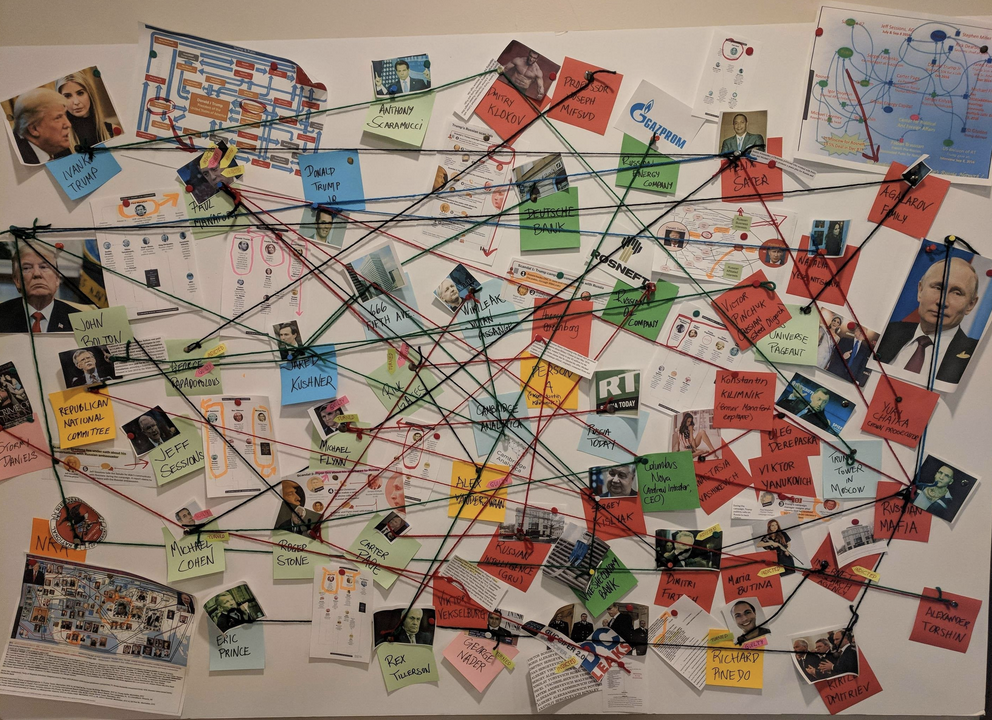
Time for some way-too-early speculation about what kind of state Senate we will have in the new biennium. To date, Sens. Jane Kitchel, Bobby Starr, Dick McCormack and Brian Campion have announced they are not seeking re-election. Sen. Dick Mazza resigned last month for health reasons, which brings us to five senior solons — in terms of lifespan and/or tenure — who won’t be there next January.
Disclaimer: The following post is based entirely on my own observations. There is not a lick of insider information at play. I do NOT have sources in Senate leadership.
By my math, the five retirees have lived a combined 372 years (average “only” 74.4 years, thanks to that 53-year-old whipper-snapper Campion, PULL UP YER PANTS young man) and legislative service totaling 158 years. That’s right, one hundred and fifty-eight, more than 31 years apiece under the Golden Dome. Also, three of the five are committee chairs.
This round of departures follows the seismic 2022 election season, when 10 senators — fully one-third of the chamber — did not return. That means fully half of the 2025 Senate will have, at most, two years of experience. In 2020, four senators stepped away (three by choice; John Rodgers came a cropper thanks to his own inattentiveness to the niceties of candidate filing law), which means that 19 members of the new Senate will have no more than four years of experience.
This, in a body that values age and seniority above all else, and normally consigns junior members to purely decorative status. It’s gonna be interesting.
Here’s the list of senators who have served continuously since at least 2015, an amount of tenure that, In The Good Old Days, would have been the minimum required to gain any influence at all. It’s a short list: Senate President Pro Tem Phil Baruth and Sens. Chris Bray, Ann Cummings, Ginny Lyons, Mark MacDonald, Dick Sears, and Richard Westman.
That’s seven. Out of 30. Only four (Bray, Cummings, Lyons, Sears) are committee chairs. The others either choose not to be chairs or have been seen by leadership as unsuited to the task. There are eleven standing committees that hold daily hearings. That means some junior senators will, by necessity, hold powerful positions next year.
Seniority will always be valued in the Senate. But there simply won’t be enough tenured members left to monopolize the reins of power. This has been a matter of slow, halting evolution in recent biennia, but a tipping point may come after the November elections. The young’uns may be undeniable. I hope so. Not that I don’t value experience; I do. But any human organization needs a mix of tenure and new blood, and the Senate has long had far too much of the former.
Let’s tease out some of the potential changes starting with the Committee on Committees, the powerful panel that doles out committee assignments: Pro Tem, lieutenant governor, and one senator chosen by the full body. Dick Mazza had held the third seat since dinosaurs roamed the earth; Kitchel replaced him in April, but she’s not coming back. I wouldn’t try to handicap that race, although by normal practice it’d be one of the elders: Cummings or Sears or maybe MacDonald or Alison Clarkson (joined the Senate in 2017) or possibly Westman, although naming a Republican to the CoC ought to be a bridge too far. It might be a younger presence who’s managed to insinuate themselves into the hierarchy. Andrew Perchlik?
Note. For purposes of this post, I’m assuming David Zuckerman will be back as LG. He may not be; he could lose the Democratic primary to Thomas Renner or the general election to ex-Dem John Rodgers, now running for LG as a Republican. This deserves a post of its own, likely coming soon.
Whoever’s in the third seat, the CoC will have a job on its hands. Some major reshuffling will be needed to achieve balance in interest, experience, geography, and party on the standing committees. At minimum, three new chairs must be named and at least ten vacancies filled, including Kitchel’s successor on the Appropriations Committee.
Let’s start there. Kitchel and Starr are departing; that’s two of the seven members. This committee has been the uber-Senate in terms of valuing seniority. At least a couple of new voices will join the chorus next year. Perchlik is vice chair, and would seem the natural choice to succeed Kitchel. (Unless they pull a real swerve and elevate the very experienced Westman, but giving a Republican that post should be a no-go.)
If Perchlik does get Appropriations, the Senate will need a new Transportation Committee chair. Perchlik had been vice chair but served as chair during Mazza’s extended absences this year; he formally became chair upon Mazza’s resignation. Assuming he would prefer Approps if given the choice, then who chairs Transportation? Sen. Thomas Chittenden succeeded Perchlik as vice chair, so he’d have the inside track. Kitchel is also on Transportation and will need to be replaced in January.
Senate Agriculture will lose its chair (Starr) and one more of its five members (Campion). The vice chair is Republican Brian Collamore, but would the CoC really give two chairships to the seven-member Republican minority? Or would they remove Russ Ingalls as the token Republican chair (Institutions) and give Collamore the low-priority Agriculture spot? (The vice chair of Institutions is first-term Sen. Wendy Harrison; it’d be very unusual for a second-term senator to become a committee chair, but it won’t be off the table in 2025.)
Or hell, would the Senate even do what the House did a few years ago — eliminate a dedicated Agriculture panel and distribute its functions elsewhere? It would make all the sense in the world, as agriculture is a much smaller part of the state’s economy and government than it used to be. If the Senate were to follow the House model, agriculture and natural resources would be combined, technology would be removed from Senate Finance’s busy remit, and what’s now Senate Natural Resources & Energy would become Senate Energy & Technology. But the Senate doesn’t usually mess with committee definitions like the House does.
It’s just one more piece of an incredibly complicated puzzle for the CoC. I’d call it a Rubik’s Cube, but it’s more like a Rubik’s Great Cubicuboctahedron.
A few more bits before I shut this baby down. Senate Education is an Island of Misfit Toys, with two first-term Democrats (Martine Laroque Gulick and Nader Hashim) and two first-term Republicans (David Weeks and Terry Williams) on the panel with chair Campion. Gulick is vice chair, and would normally be seen as Campion’s successor. But she is at risk of losing in the Chittenden Central Democratic primary, now that former TV anchor Stewart Ledbetter is in the race. Chittenden Central is currently represented by Baruth, Gulick, and Prog/Dem Tanya Vyhovsky. Ledbetter has a real shot at defeating one of the two women, thanks to his decades on Vermonters’ TV screens.
Ledbetter’s candidacy would seem to be aimed squarely at Vyhovsky, who’s the most vocal and committed Prog in the Senate. But in the 2022 primary, Vyhovsky finished behind Baruth and ahead of Gulick. If history repeats itself, Senate Education may be down two of its five members — including its chair and vice chair. If Gulick returns in January, would the CoC give a chairship to a second-term senator? It’d be unusual. This committee might get torn down to the studs and rebuilt.
And each of these decisions has knock-on effects. I’ve laid out a few of them here. A full consideration would involve even more obsession than I’m capable of, and a conspiracy board at least as crowded as this:

I’ll spare you. And me. Suffice it to say, the normally staid Senate is in for some big changes. Which, among many other things, may mitigate the chamber’s recent lean toward the political center. Especially now that Baruth won’t be able to “ask Jane” anymore.

Senators serving too long and monopolizing committee chairs blocks generations of talent from emerging. From a distance it appears we have people of strong abilities replacing the ancients. We need more “flow’ in most Vermont institutions and it is time for the baby boomers to move over. Serve a stretch in leadership and move up or over, in the legislature, in congress, on hospital and university boards, on fire departments, selectboards, etc. Following generations will invest their talent when they see “flow” and a chance to move forward.
I remember Peter Galbraith’s adventures in the Senate. No way he was going to sit there quietly like a good little backbencher for half a dozen years. Very entertaining.
It would nice if there were a couple more who showed up next January with that kind of proactive personality.